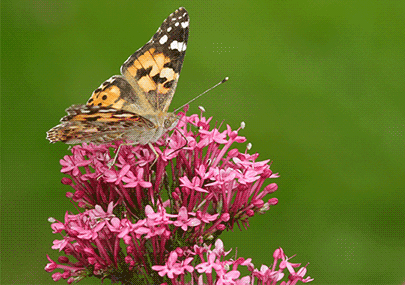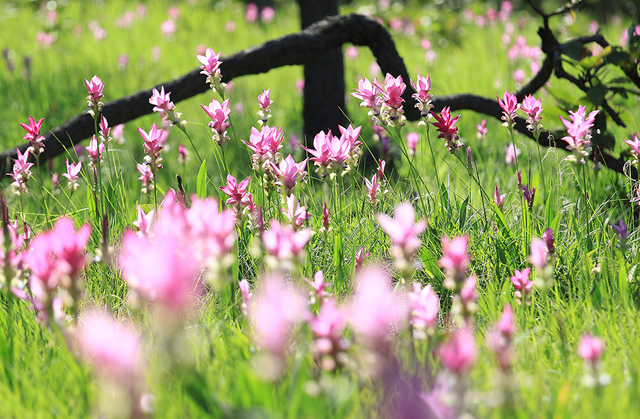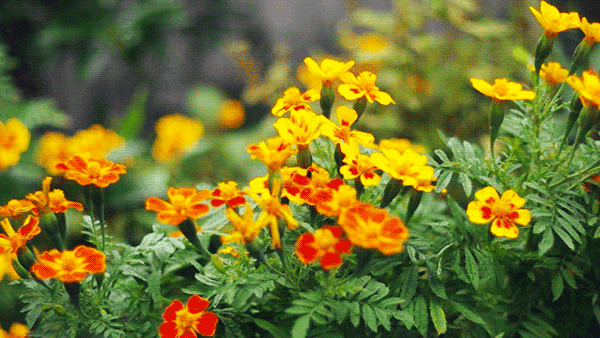-
Comment December 24, 2016
-
If we are attached to petty concerns
Comment December 24, 2016If we are attached to petty concerns and never aspired to anything great, we won’t accomplish much. What is petty and what is great? Petty is for oneself alone, for immediate gratification, and for harmful deeds, while great is for the many, for the long term, and for positive pursuits. Look closely – what have you or those around you achieved ? Avoid pettiness and aspire to great things! ~17th Karmapa
-
External events and internal thoughts
Comment December 24, 2016Our misery or happiness depends on how we react to external events and internal thoughts. We judge and label everything based on our reactions. Sometimes our reactions are so strong that they destroy us. But the real problem is in not understanding that reactions themselves come and go based on ever-changing circumstances. ~ 17th Karmapa
-
As long as you learn
Comment December 24, 2016To live as equals with others requires a wide range of experience. The wise have much experience and fools have little. To gain experience, you need to go through good and bad times. How can you grow if your experiences are always the same? Anything that happens, good or bad, can be constructive in the end — as long as you learn something useful from it. So when you face difficulties, don’t feel too bad! ~17th Karmapa
-
Charity is in the heart of man
Comment December 20, 2016Charity is in the heart of man, and righteousness in the path of men. Pity the man who has lost his path and does not follow it and who has lost his heart and does not know how to recover it. When people’s dogs and chicks are lost they go out and look for them and yet the people who have lost their hearts do not go out and look for them. The principle of self-cultivation consists in nothing but trying to look for the lost heart. ~Mencius (4th century B.C.)
-
Looking for inner peace…
Comment December 20, 2016If you’re looking for inner peace from the outside world, you’re not going to get that. The inner peace starts with looking at you from the inside. Understanding that everything that comes to you is what you are. Everything from friends to boyfriends to the job you get – it’s all a direct reflection of what you are on the inside. ~Mary J. Blige
-
Whatever living beings there may be…
Comment December 19, 2016 -
The Metta Prayer
Comment December 19, 2016The Buddha gave a beautiful teaching on the development of lovingkindness called the Metta Sutta (also known as the Karaniya Metta Sutta). I’ve adapted the words of the sutta to formulate them as an aspiration that can be repeated in a prayer-like way.
In order that I may be skilled in discerning what is good, in order that I may understand the path to peace,
Let me be able, upright, and straightforward, of good speech, gentle, and free from pride;
Let me be contented, easily satisfied, having few duties, living simply, of controlled senses, prudent, without pride and without attachment to nation, race, or other groups.
Let me not do the slightest thing for which the wise might rebuke me. Instead let me think:
May all beings be well and safe, may they be at ease.
Whatever living beings there may be, whether moving or standing still, without exception, whether large, great, middling, or small, whether tiny or substantial,
Whether seen or unseen, whether living near or far,
Born or unborn; may all beings be happy.
Let none deceive or despise another anywhere. Let none wish harm to another, in anger or in hate.”
Just as a mother would guard her child, her only child, with her own life, even so let me cultivate a boundless mind for all beings in the world.
Let me cultivate a boundless love for all beings in the world, above, below, and across, unhindered, without ill will or enmity.
Standing, walking, seated, or lying down, free from torpor, let me as far as possible fix my attention on this recollection. This, they say, is the divine life right here.
Translated and adapted by Bodhipaksa from the Pali Metta Sutta.
Source: http://www.wildmind.org -
A wise critic
Comment December 19, 2016 -
The Thief…Tibetan teaching story
Comment December 19, 2016Tibetan teaching story
‘The 12th century master Geshe Ben was renowned for his goodness and integrity.
Once, while begging for alms, a family of devout Buddhists invited him to their home to be fed. He was so hungry that he found it difficult to wait while his hosts were elsewhere preparing the meal. To his complete shock he found himself stealing food from a jar when no-one was looking. Geshe Ben suddenly burst into loud cries of “Thief! Thief! I’ve caught you red-handed.”
His hosts rushed into the room to find him berating himself and threatening his hand with being cut off it ever behaved like that again.’
Source: viewonbuddhism.org


















